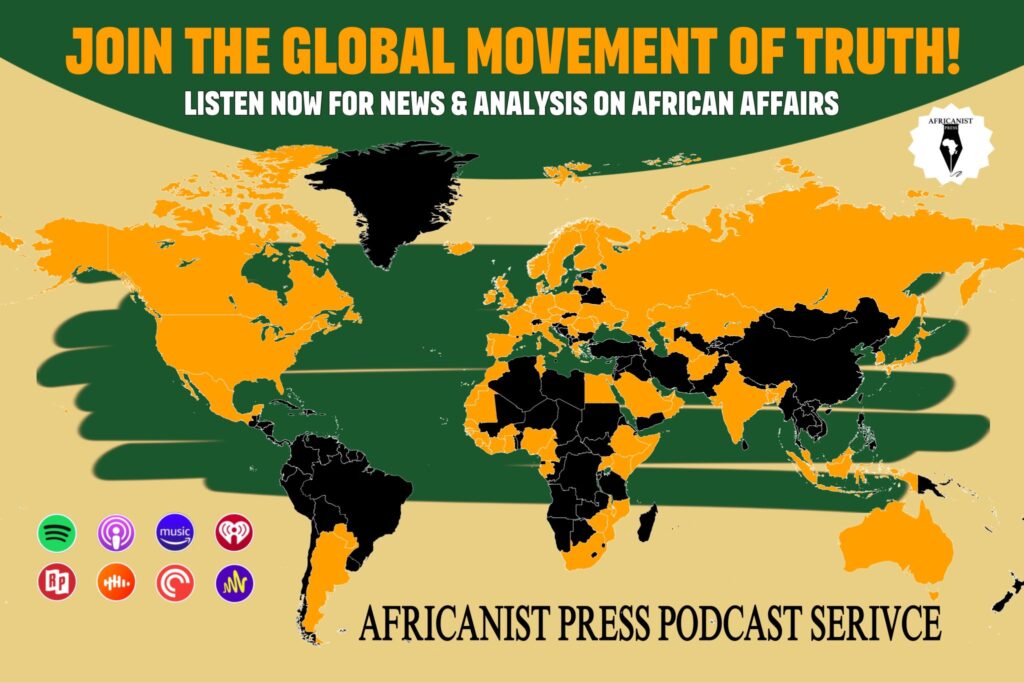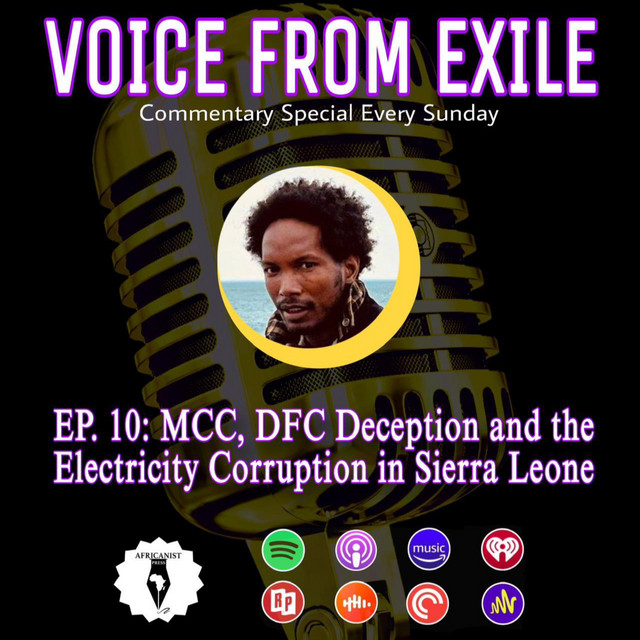The privatization program in postwar Sierra Leone was supposedly advanced by international financial institutions – the World Bank, IMF, African Development Bank – as a
multi-sectoral development strategy aimed at reducing poverty and corruption, and improving economic growth and quality of governance and service delivery in
the small West African country.
Since 2005, this World Bank and IMF supported privatization agenda has been called different names by successive regimes in Sierra Leone. Inaugurated by Tejan Kabbah as a “poverty reduction strategy”, it was renamed “agenda for change and prosperity” by Ernest Koroma, and now rebranded as a “new direction and medium-term
development plan” by Julius Maada Bio. However, its unfulfilled promise remained the same and included the supply of reliable electricity, the creation of value-added agricultural productivity, developing a national transportation network, and sustainable human development through efficient social service delivery.
Twenty years later, this IMF/World Bank privatization agenda in Sierra Leone has produced, and still produces, the reverse of its pronounced objectives. Today in Sierra Leone, more than 90% of the population live in absolute poverty, with expenditures below US$1 a day, according to the IMF. With rising youth unemployment, high infant and
maternal mortality rates, poor growth performance, lack of income and access to basic social services, and excessive debt overhangs, the country’s development prospects still remain grim.
Consequently, instead of advancing economic growth and reducing poverty, Sierra Leone’s privatization program has heightened political corruption and led to intensified multinational exploitation. At the heart of this development
nightmare is the hidden competition between British financed corporations and United States-backed companies for control of non-transparent service-related contracts and corruptly awarded critical infrastructure projects.
In this episode, we discuss how the British Commonwealth Development Corporation (CDC) and the United States Development Finance Corporation (DFC) used shell companies registered and operating out of British Virgin Islands, Mauritius, Zambia, Lebanon, Turkey, United Arab Emirates, South Africa, Kenya, and elsewhere to impose manufactured debts on Sierra Leone between 2013 and 2023 with the promise of providing reliable electricity that is still unavailable to Sierra Leonean citizens. We highlight how Ernest Bai Koroma and Julius Maada Bio enabled these corrupt energy agreements in the last 15 years, and how various energy and finance ministers of both the All Peoples Congress (APC) and Sierra Leone Peoples Party (SLPP) served as agents for British financed
companies and United States-backed corporations in the corrupt use of the privatization program to facilitate state corruption and multinational exploitation.
Thus, we use the ruthless competition between the Commonwealth Development Corporation (CDC) and United States Development Finance Corporation (DFC) over the multimillion dollars non-transparent Western Area Power Generation Project loan agreements involving Blue Flare (BVI), TCQ Power Ltd, CEC Africa Investments Ltd (CECA), Milele Energy, the World Bank, African Development Bank, and other financial institutions to further illustrate how the privatization of social service delivery in Sierra Leone is corruptly enriching multinational companies and the local political elites, while increasing the sovereign debt crisis and worsening living standards for regular citizens.
Hence, the current political and economic crisis in Sierra Leone, including the rigged June 2023 elections, skyrocketing taxes, and ongoing human rights violations, are directly linked to the unscrupulous competition between British companies and American financed corporations to exploit Sierra Leone’s privatization of social service delivery.
This episode is part of the VOICE FROM EXILE commentary series of the Africanist Press.


